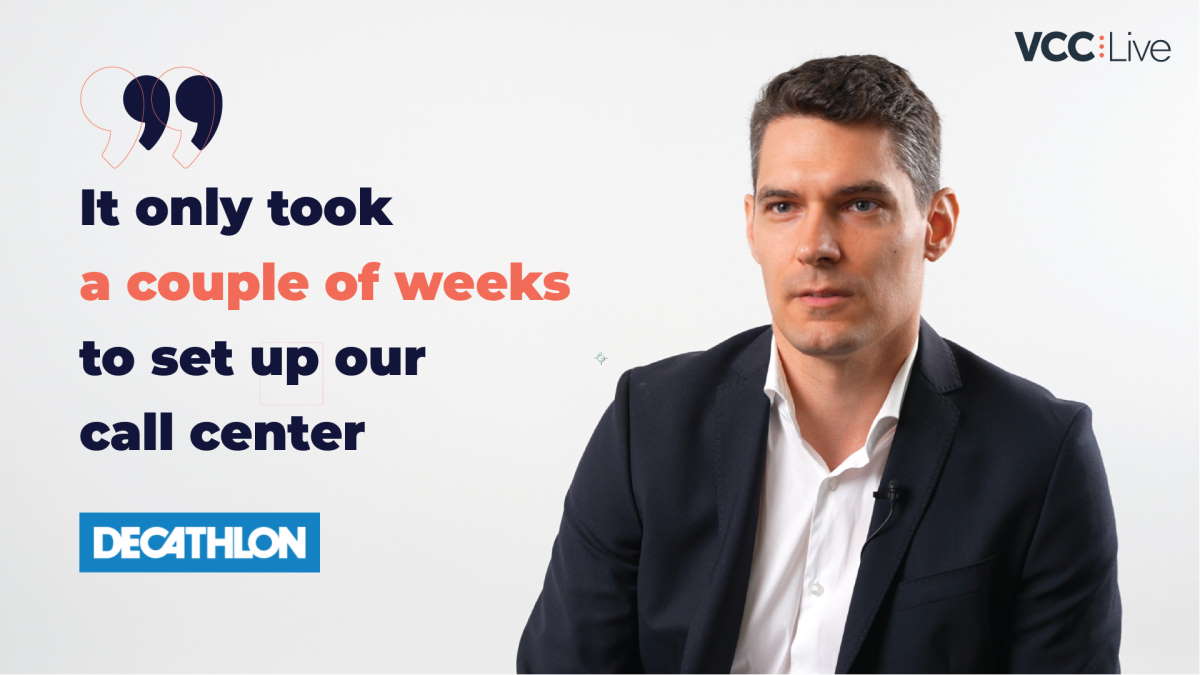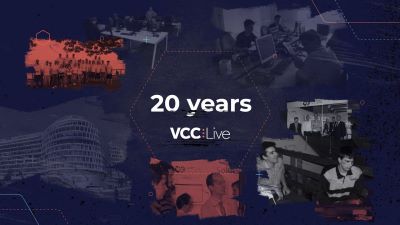While some contact centers faced serious issues when suddenly having to go remote during the global trend of mobility restrictions, others were quick to adapt by using cloud-based, omnichannel services, such as VCC Live. As we have written in a recent case study, even companies that previously used on-premise systems were able to quickly shift their operations onto VCC Live’s cloud software in a matter of a few days. By using cloud-based software, contact centers were able to grapple with the challenges of a global lockdown and build a steady base of remote agents.
With contact centers investing in a remote workforce due to mobility restrictions, it is relevant to start thinking about what this means for the future of contact centers. Now that most contact centers shifted their operations, how will they continue to function in a post-pandemic world?
The current state of affairs
Based on a recent study, remote contact centers might actually be here to stay. Most employers plan to allow their employees to continue working remotely after the pandemic. This includes 68 % of employers in retail-related contact centers and 70% of employers running a healthcare contact center.
While this change has come out of crisis management considerations for most, there is a strong case for larders deciding to stay remote even after the end of the pandemic, changing the future of contact centers as we know it.
The reasons that leaders choose to stay remote include cost and time efficiency, employee wellbeing, and safety. 57% of companies surveyed believe that remote work will improve employee wellbeing, which leads to more productivity, as we have previously written. Additionally, not having to maintain an office proves to be more cost-efficient, environmentally friendly, and sustainable. According to the same study, the cost of office space per agent is around $8300 per year, estimating that a 50-agent contact center saves more than $200,000 per year by allowing part-time remote work.
Safety also seems to be a significant concern when thinking about the future of contact centers. 46% of the surveyed companies state that relying on a remote workforce will help keep their operations afloat in future unforeseen circumstances. Finally, most companies feel that the remote technologies that they use work better than they expected.
What this means for you
If you are running a contact center, you are likely facing one of the following scenarios: you either have implemented remote technologies or do not have it yet. In the case that you are already running a cloud-based contact center, start thinking about shifting more of your contact center operation remote and make sure that you are running your remote operations on safe and reliable systems. If you are still running on-premise systems, start thinking about investing in cloud-based technologies that support remote work.
In either case, remember to choose software that is easy to set up, does not require sophisticated technical requirements on the agent side, and provides maximum data security. VCC Live fulfills all these requirements. With a quick setup and a simple internet connection, agents can start working for you anywhere, anytime. We are also proud holders of ISO27001 certificate that proves the highest levels of information and data security within an organization and in its processes. Additionally, you can be sure that we are 100 percent GDPR compliant.
Recent global mobility restrictions have fundamentally changed the way that businesses operate and contact centers are no exception. While changing modes of operation have been challenging to most, changes have also brought along with them the realization that remote working agents can be just as or even more effective in terms of productivity and cost-efficiency. If you haven’t reconsidered your operations it might be time to do so.







